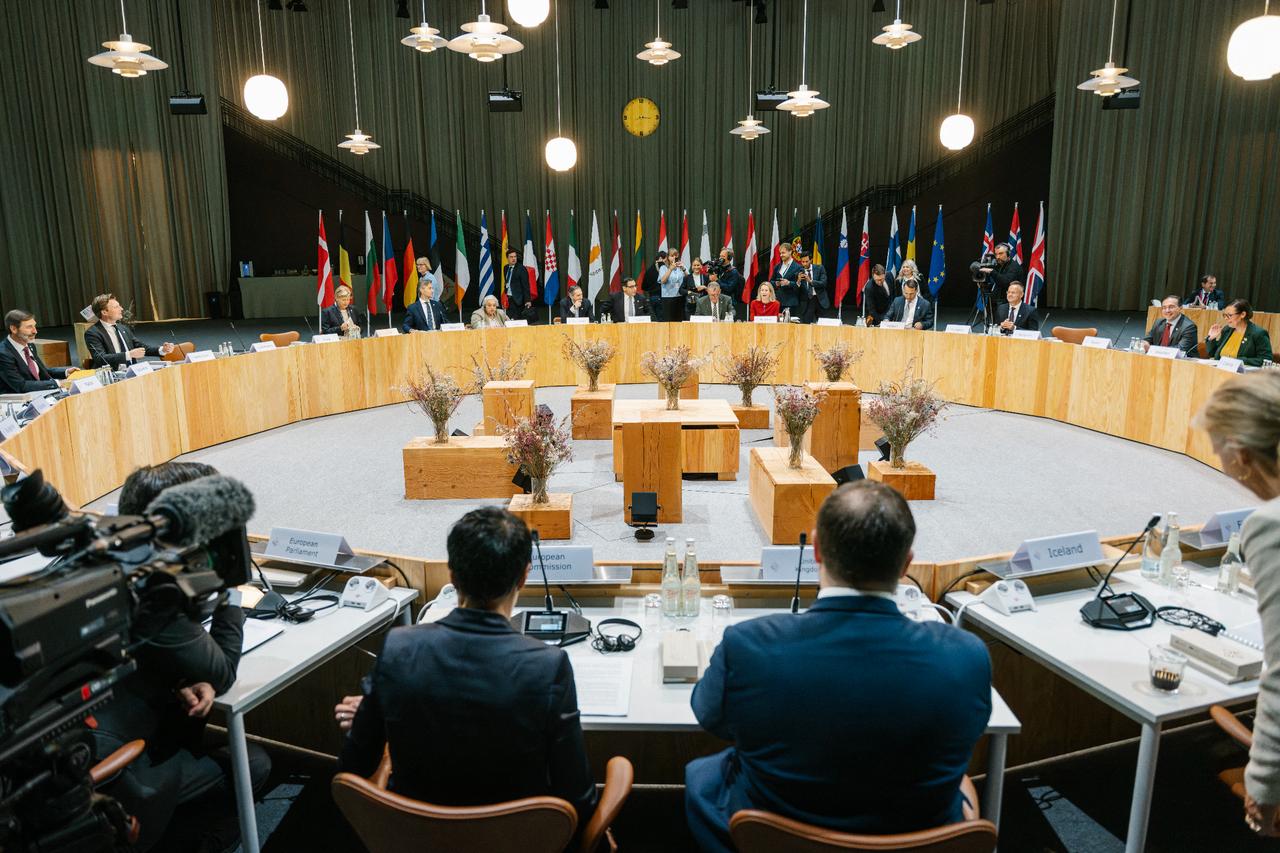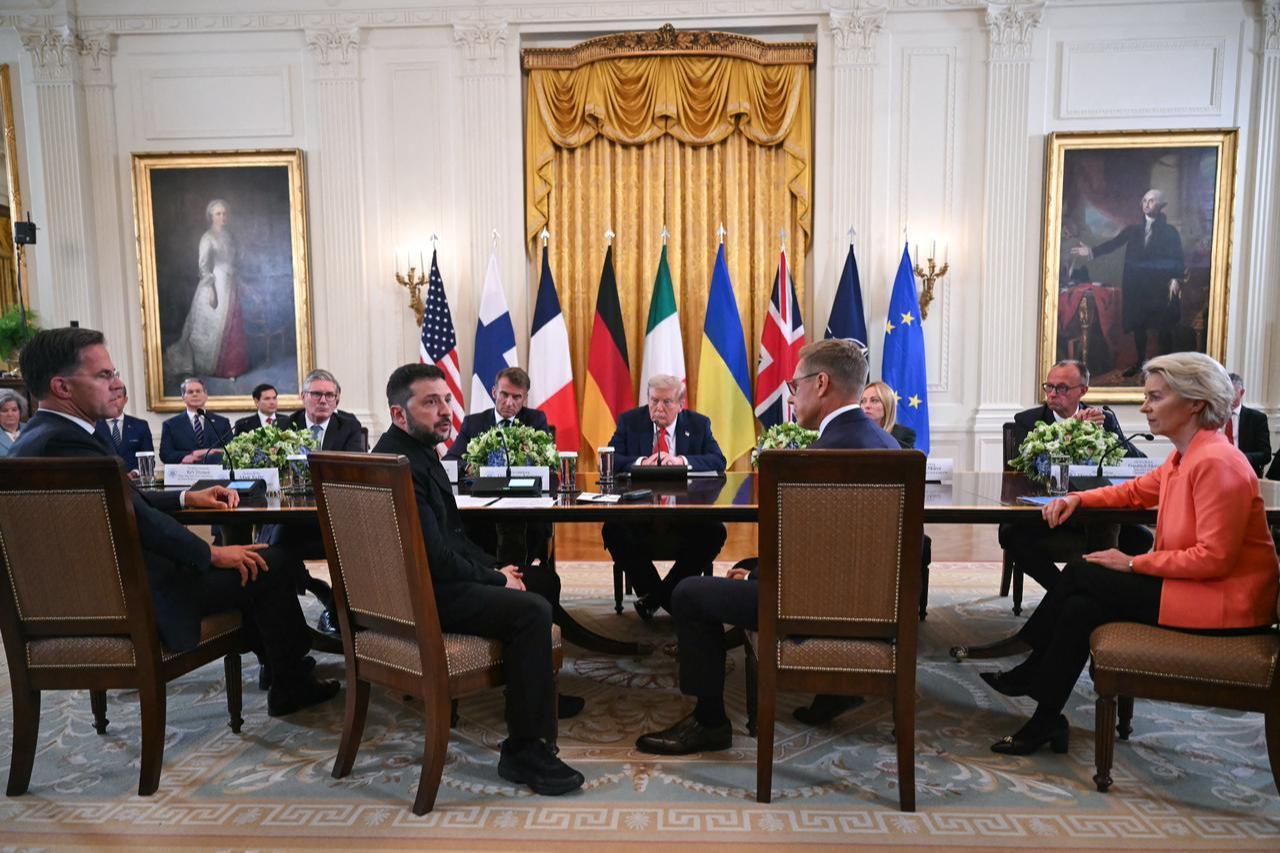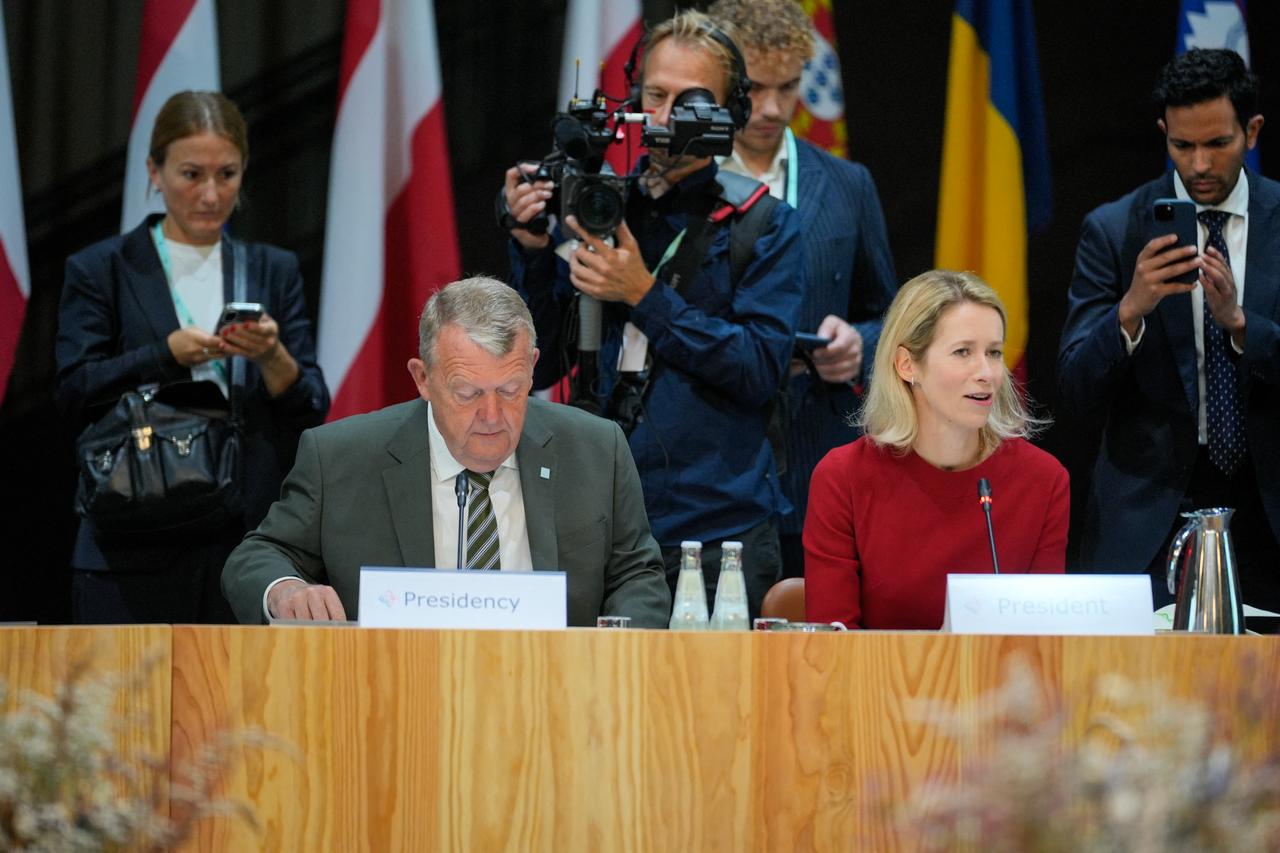
European Union foreign ministers called Saturday for immediate U.S.-European coordination to pressure Russian President Vladimir Putin into Ukraine negotiations as a Trump-imposed deadline approaches expiration.
The ministers, gathering in Copenhagen, warned that European sanctions alone cannot compel Putin to engage in meaningful talks with Ukrainian President Volodymyr Zelenskyy.
French Foreign Minister Jean-Noel Barrot articulated the urgency of joint action, telling reporters that if Putin continues rejecting high-level meetings with Ukraine's president after Trump's two-week deadline passes, "then we will need to force it by hardening sanctions—sanctions from the United States, but also European sanctions."

U.S. President Trump issued his latest ultimatum on Aug. 22, giving Putin two weeks to agree to direct talks with Zelenskyy and threatening consequences for non-compliance.
However, EU leaders have expressed deep skepticism about Putin's willingness to participate, with German Chancellor Friedrich Merz calling such a meeting unlikely to occur.
Danish Foreign Minister Lars Lokke Rasmussen, whose country holds the EU's rotating presidency, accused Putin of deliberate delay tactics.
He characterized the Russian leader as attempting to "buy time and divert attention from attacks on civilians and infrastructure and, most recently, the EU representation in Kyiv," while the international community debates diplomatic solutions.
The EU is advancing its 19th sanctions package against Russia, with primary focus on energy and financial sectors, according to internal documents obtained by POLITICO.
European officials are simultaneously exploring new tariffs on Russian exports to intensify economic pressure on Moscow's war machine.
Finnish Foreign Minister Elina Valtonen emphasized that these measures require American partnership to achieve maximum impact, stating the importance of coordinating "with our transatlantic friends, notably the United States" on the sanctions package implementation.

Military leaders from the U.S.-European "coalition of the willing" conducted their first detailed discussions on post-ceasefire security arrangements for Ukraine, including potential European troop deployments on Ukrainian soil.
EU foreign policy chief Kaja Kallas revealed Friday that most EU member states support training Ukrainian soldiers within Ukraine's borders following any ceasefire agreement.
Estonian Foreign Minister Margus Tsahkna stressed the need for concrete commitments, declaring that nations "must put skin in the game" and that "security guarantees must be formed as soon as possible."
The diplomatic initiative comes as Russia's invasion of Ukraine nears its fourth year, with European leaders seeking to balance continued pressure on Moscow with efforts toward a negotiated resolution.